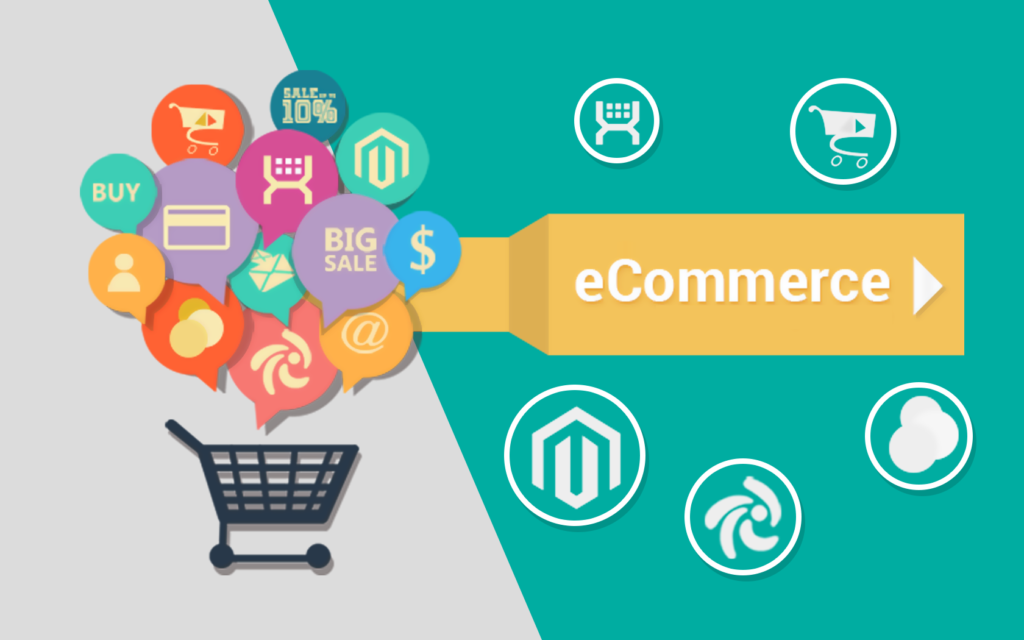E-commerce, as a business model, has now become extremely popular these days. In fact, growth in this segment is expected to reach a whopping 265% from 2014 to 2021!
So, if you are looking to grow your e-commerce business, then you need to use the best tools to help you market your product. In this article, we’ll discuss some of the top e-commerce marketing tools to help you reach your target customers and grow your business:
Facebook’s Lead Ads
You can use Facebook’s lead ads tool to target your desired audience specifically. Besides generating leads, you can also make direct sales using such ads.
The biggest benefit of using such a tool is that you can do all you marketing from your mobile phone – and you don’t even have to leave Facebook to do so! This tool also helps users find the right products suitable for their needs, so it’s a win-win for you as well as your prospective customers.
The downside is that Facebook offers quite limited space for images and copy, so you have to be creative to get your message across.
Email Marketing
Despite the advent of social media, email marketing still remains one of the most dominant tools for conversions. Email campaigns are quite easy to create and track, and you can get detailed data on the success of your marketing efforts.
However, make sure you don’t make the mistake of buying a pre-made mailing list. The focus of this marketing tool is to build better customer relationships, and spamming prospective customers could destroy your efforts and business reputation.
Google Analytics
Our third recommendation is the free Google Analytics tool. The analytics tool uses data to help you understand your customers’ behaviour better.
Statistics about why a customer visited your online store, what he or she was looking for, which pages he/she attended the most, and so on are vital pieces of information that could help you enhance the user experience, and thus convert better and grow your business.
The downside to using this tool is the data collection – there’s a lot of it. However, considering the massive benefits that you could receive from analyzing that data, this doesn’t seem to be such a significant minus.
SEO Tools
Search Engine Optimization (SEO) helps you rank up your e-commerce website in online search results (obviously, the most important one is Google). This is a great way to reach those who are actively searching for services or products like those you offer. SEO is considered to be a long-term strategy, unlike paid advertising methods such as PPC for example, and can help you generate more leads and sales using free organic traffic.
Google Ads
To increase your online exposure, you can use the Google Ads tool to promote your business. Like Facebook’s Ad Leads, this PPC (pay-per-click) tool can be customized so that you target specific segments based on keywords and location you input. And the best part is that you only have to pay for actual results!
The downside is that you need to be very careful to input the right keywords to attract your target audience, in order not to waste too much money on expensive clicks.
—————————————————————————————————-
Want to improve your e-commerce’s customer support and avoid long exhausting disputes? Read this Purchase Guard platform review to learn how it works and how it can help you.

Leave a Reply